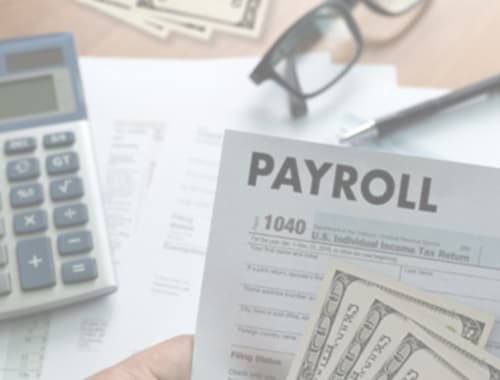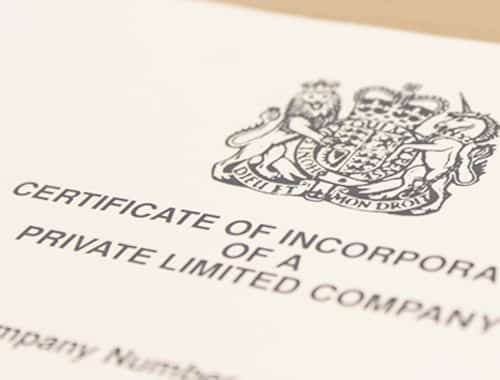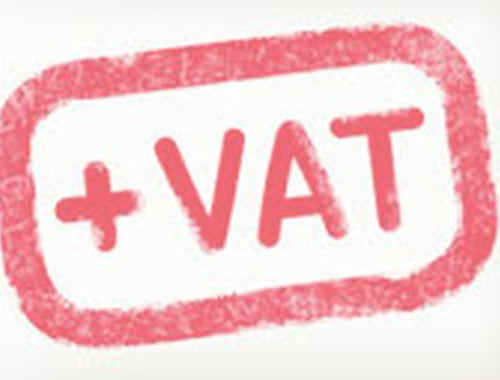So you’ve got a great idea and looking to set up your own business? Or maybe you have recently become self-employed working as a freelancer? This can be an exciting time, but also daunting as you find out what is required. One of the first decisions you will need to make is whether to establish yourself as a sole trader or a Limited Company.
You will soon find it’s not a case of one size fits all, and the solution will depend on your circumstances.
Let’s start with the basics: What exactly does it mean to be a sole trader or a Limited Company?
Sole trader (self-employed)
A sole trader is where a business is owned and run by an individual. Legally, there is no distinction made between the owner and the business. You are the sole recipient of any profits, but also wholly responsible for any debts or losses. A sole trader will be taxed on all profits, at 20%, 40% or 45% (after a personal allowance of £12,500), dependent on the level of profits.
Limited Company
A Limited Company is an organisation set up to run the business. Responsibility for the running of the company lies in the hands of its directors. Financial liability rests with the shareholders, proportionate to the value of the shares they own, Directors are not accountable for any company debts, this is providing they have not broken any laws.
So which is the best route for your business to follow? To make this decision, consider the following criteria:
- Liability: A Limited Company is a separate entity to its founding member(s) and as such shareholders have ‘limited liability’. A sole trader, on the other hand, must put their own assets on the line. This means that their house, car, and other personal assets are vulnerable, should the business stumble upon bad times.
- Tax: A Limited Company pays corporation tax on its profits at 19%. Each shareholder/director can withdraw an amount in the region of £14,500 each year (through a mix of salary and dividends) completely free from income tax (assuming no other income) and National Insurance. Further dividends in the region of £35,500 can be taken with tax payable of approximately £2,600. That’s £50,000 of income with tax to pay of approximately £2,600! An effective tax rate of 5%!
- In comparison, a sole trader will pay income tax at either 20%, 40% or 45%, after their personal allowance, on all profits made, whether they are withdrawn or not from the business. In addition, a sole trader pays Class 2 National Insurance Contributions (NICs) at a flat rate of £3.05 a week. Class 4 NICs will also be due on profits between £9,501 and £50,000 at a rate of 9%. Any profits above £50,000 are subject to Class 4 NICs at a rate of 2%.
- Ultimately at Joshua Leigh & Co we will ensure your tax liabilities are minimised and you are set-up in the most tax efficient manner.
- Administration: In terms of paperwork, setting up as a sole trader may be a wise move for those seeking a quick set up with minimal administration. There are no set up costs and fewer statutory obligations to meet. A Limited Company does require more form-filling and administration, for example, a “Confirmation Statement” will need to be filed each year at Companies House. However, at Joshua Leigh & Co we take care of all the forms and administration giving you complete peace of mind.
- Other considerations: Contributing to a pension scheme through a Limited Company brings tax advantages, which are not available for sole traders. Limited companies attract more prestige and it can be easier to obtain finance as a Limited Company.
There are further considerations when starting a business or being self-employed such as payroll and VAT both of which your accountant at Joshua Leigh & Co will monitor throughout your initial stages (and thereafter) to ensure you are set-up in the most efficient manner.
Whichever route you initially choose, there is always the option to make the transition from one to the other at a later date. Sole traders should generally consider this when profits exceed £30,000- £40,000, as at this point the financial benefits outweigh the additional administration.















